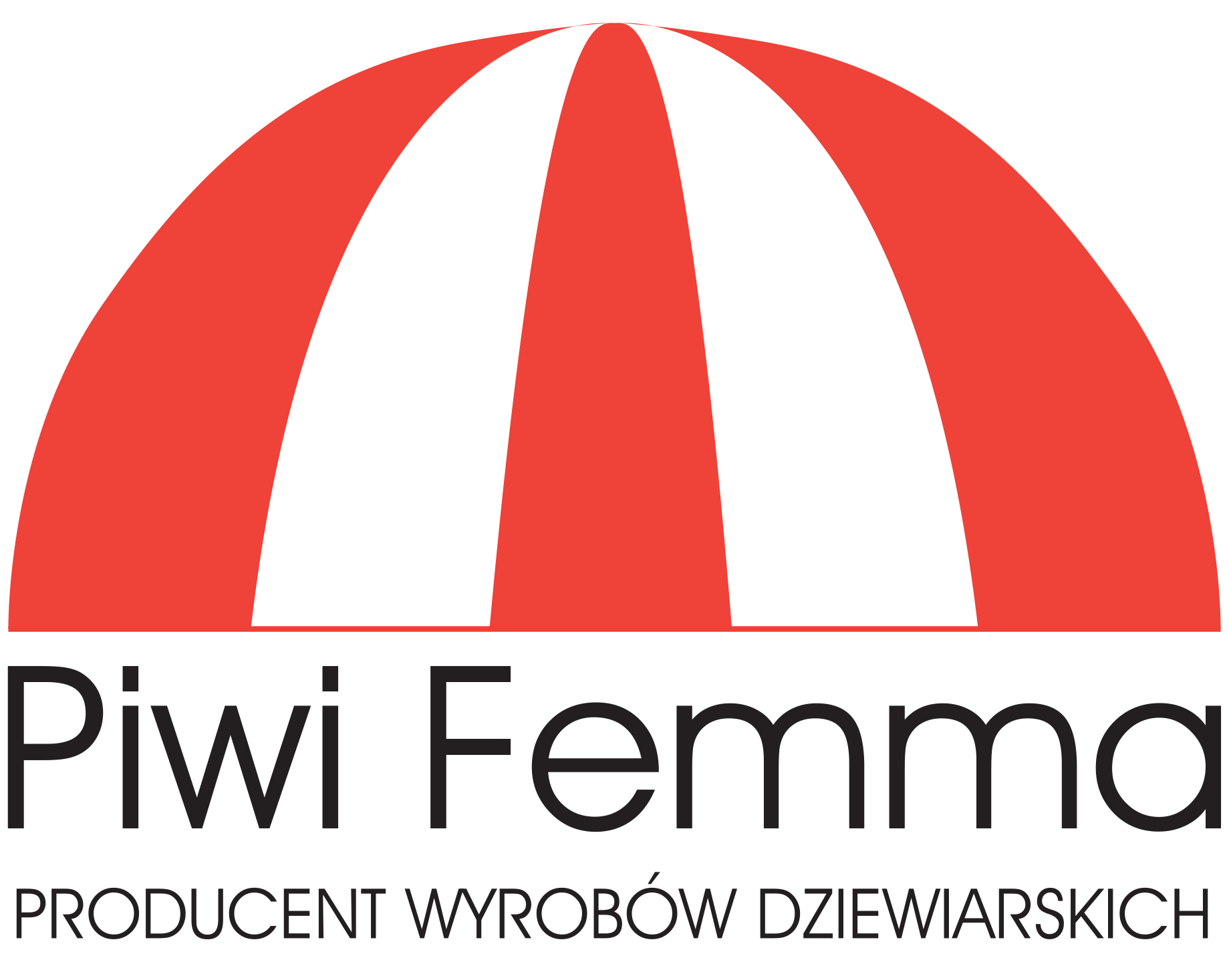Have you heard that knits are a great idea to diversify your collection? Do you have ideas for such products? Great, but what’s next? Where should you commission the production of knits? How do you choose the right supplier?
As usual, the best method is to get a recommendation for a contractor from a friendly clothing company. But what if:
- you don’t have such a friendly company,
- you do have one, but it hasn’t worked with a knitwear supplier,
- or perhaps they have, but they can’t recommend them?
Even if you manage to get a recommendation or find a manufacturer online, remember to pay attention to a few key aspects:
Is the manufacturer present online?
It’s good if the contractor’s company has a website. You’d be surprised, but in the third decade of the 21st century, there are still companies without their own website. Is that bad? Not necessarily, but it’s worth exercising caution.
If the supplier has a website, check whether the contact details are up-to-date. It’s good to have phone numbers and contact details for the people you’ll be working with in the future. A company phone number is not a requirement, but in my opinion, it adds credibility to the business.
Also, pay attention to the content on the site. If you only see slogans like “modern machinery and 30 years of history,” that’s not enough. Sure, those are good signs, but it’s important that the website contains more information about the company, photos, and details of its operations.

What does the communication with a potential manufacturer look like?
If you sent an email, pay attention to how quickly you received a response. Response time is important — a reply the same day or the next is a good sign. If it takes a few days, think about whether you want to resolve problems at such a slow pace during the collaboration.
If you speak over the phone, check the competence of the person you’re speaking with. Can they answer your questions? Are they offering help? Find out if you will be assigned a project manager or if you’ll need to contact different people.
What services does the manufacturer offer?
Sometimes, the manufacturer only handles knitting the material. You will then need to supply the raw material, a sample model, and grading patterns. This is a cheaper option, but more responsibilities fall on you.
A good minimum that the manufacturer should offer includes:
- Raw material service – The manufacturer should have connections with yarn suppliers and provide the raw material,
- Technical service – A production preparation department that will create a prototype of your model and make necessary adjustments,
- Adequate production facilities – A modern machinery park. The machinery doesn’t have to be the latest, but it should be complete and capable of producing various types of knitted products.
Questions you should ask the manufacturer:
a) Can their machines produce fully fashioned products?
b) Does the company have the ability to enhance knits through washing? Do they control this process in-house?
c) Do they use linking machines for sewing – specialized machines that ensure seam elasticity?
Does the manufacturer provide advisory services?
Ask if the manufacturer offers consulting services – if they have the knowledge, experience, and willingness to help you design a product, select raw materials, and advise on technical issues. Consulting is one of the most important factors in a successful partnership.

How is problem-solving handled?
Finally, inquire about how the potential supplier solves problems. How do they handle incorrectly ordered colors or quality issues? How do they behave after the collaboration ends? This may be difficult to assess initially, but it’s worth keeping in mind.
Want to know more about how we collaborate?

